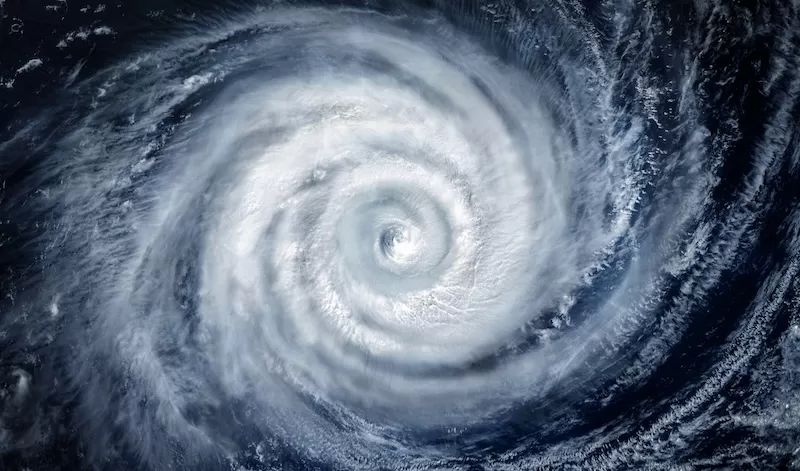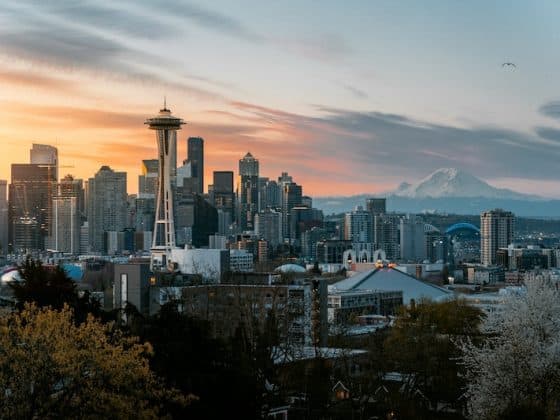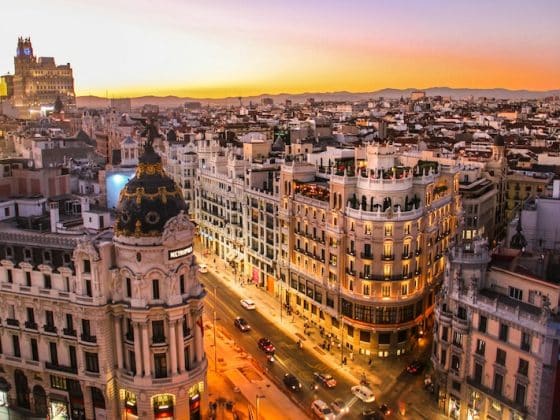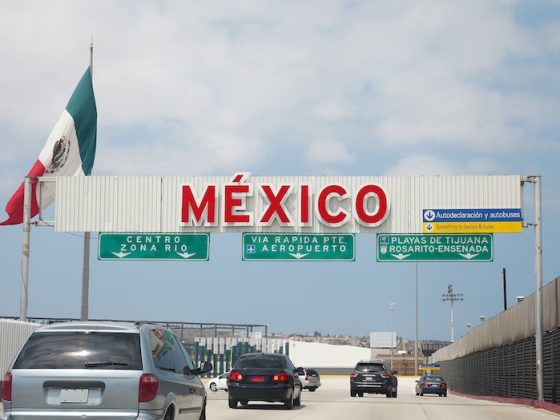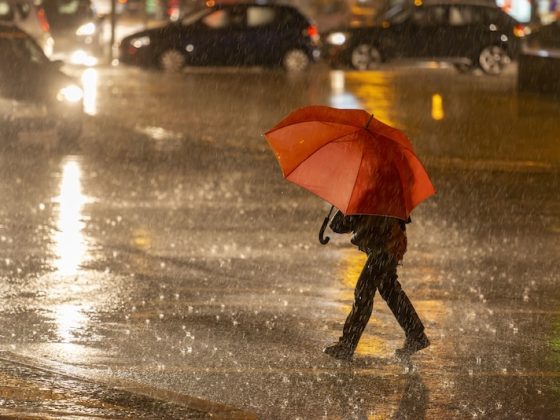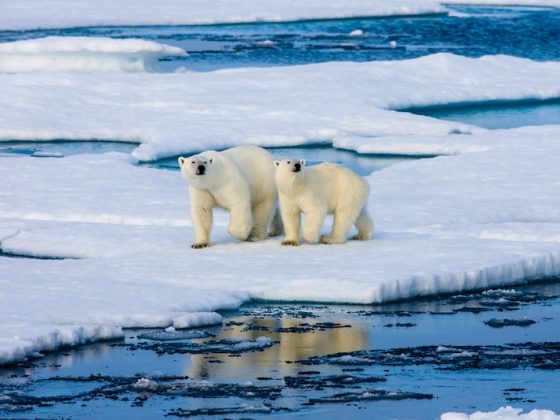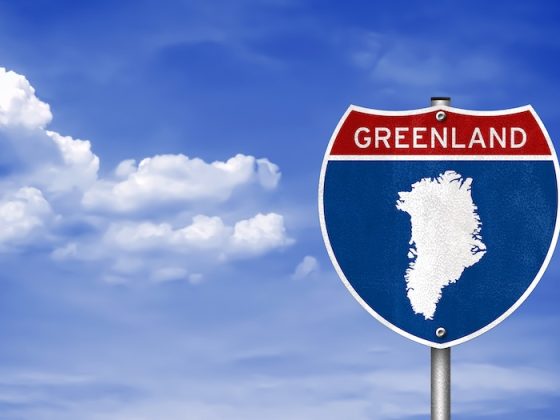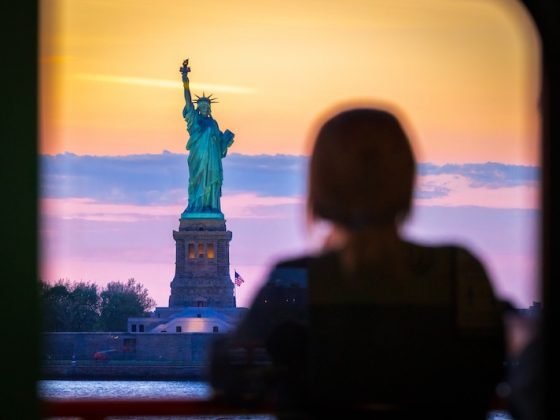This week’s headlines move between nature’s fury and human design. The deadliest typhoon of the year bears down on Vietnam after devastating the Philippines, while a prolonged U.S. government shutdown threatens to disrupt air travel nationwide. In Sudan, rebels encircle a key city, prompting fears of mass civilian casualties, as a deadly avalanche in Nepal reminds the world of nature’s peril.
Meanwhile, scientists in Hawaii turn to drones in an innovative mosquito-control campaign, and in Beijing, a long-hidden imperial garden opens to the public for the first time in a century. Here’s what’s making news headlines this week.
Typhoon Targets Vietnam
Asia’s deadliest typhoon this year has left a trail of destruction across the Philippines and is now barreling toward Vietnam’s central coast. Thousands have been evacuated from low-lying areas as authorities warn of flash floods and landslides. Power outages and collapsed infrastructure in the Philippines have left millions without electricity or clean water, while relief efforts race against worsening weather.
Meteorologists say the storm’s intensity reflects a troubling trend: warmer seas are fueling stronger, faster-moving typhoons across Southeast Asia. Vietnam’s government has pre-positioned emergency supplies and mobilized troops for rescue efforts, hoping to avoid a repeat of previous catastrophic floods.
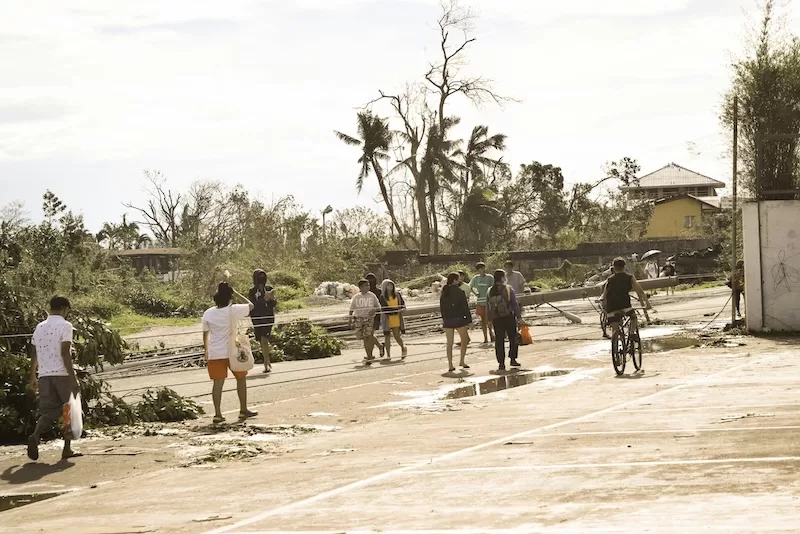
Shutdown Grounds U.S. Travel
The U.S. government shutdown has entered its second week, and the fallout is spreading to airports nationwide. The Trump administration announced that air traffic would be reduced at 40 major airports starting Friday if funding remains stalled. The Federal Aviation Administration cited critical staffing shortages as the reason for the cuts, calling them a “necessary safety measure.”
Airlines have warned that disruptions could ripple through the entire network, leading to delays and cancellations. With holiday travel approaching, pressure is mounting on Congress to break the impasse. For now, travelers face long lines, grounded planes, and growing frustration as politics reaches the runway.
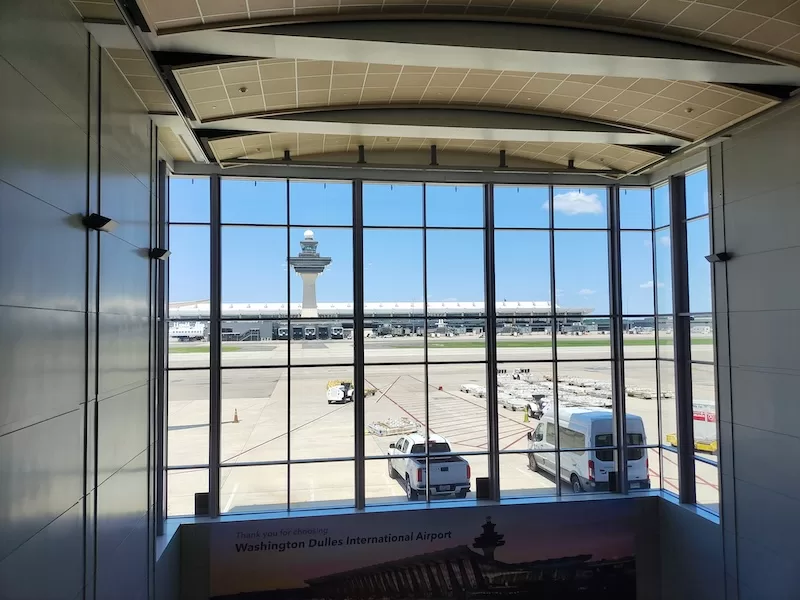
Crisis in Sudan
Thousands of civilians are trapped as rebel forces close in on a major city in Sudan’s west, with aid agencies warning of a looming bloodbath. Fighting between the Rapid Support Forces and government troops has intensified, cutting off supply routes and forcing hospitals to close. Humanitarian organizations say civilians are running out of food and medicine, while both sides exchange blame for escalating violence.
The siege marks a dangerous new phase in Sudan’s civil conflict, which has displaced millions since 2023. As frustration grows, calls have surged across social media to boycott the UAE—particularly Dubai—over alleged financial and logistical links to the RSF. Regional leaders are urging a ceasefire, but observers fear the situation could spiral further, deepening one of the world’s most urgent humanitarian crises.
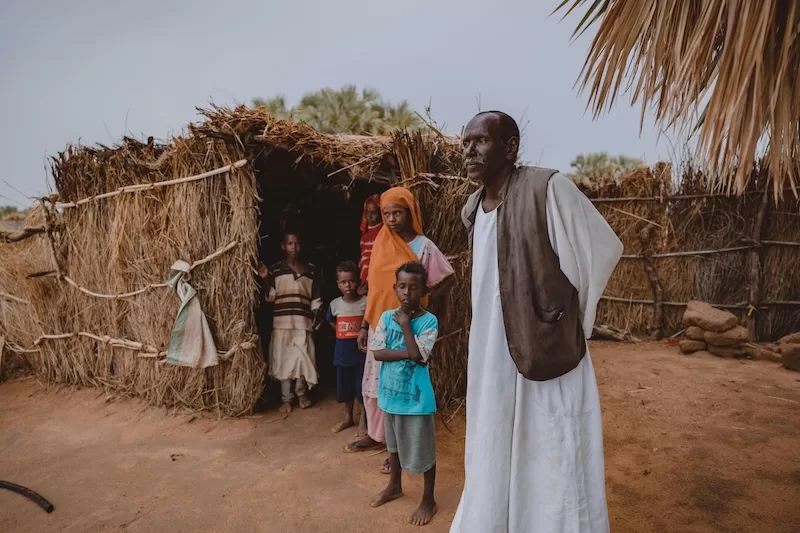
Avalanche Tragedy in Nepal
At least seven people, including foreign climbers and Nepali guides, have been killed in an avalanche on Dolma Khang, a remote Himalayan peak. The avalanche struck early in the morning, catching multiple expeditions by surprise and leaving rescuers scrambling in treacherous conditions. Authorities say heavy snowfall and unstable ice formations contributed to the disaster.
Nepal’s mountaineering industry—an economic lifeline for the country—has faced growing scrutiny over overcrowding, lax safety standards, and increasingly unpredictable weather patterns. This latest tragedy underscores the mounting risks of adventure tourism in an era of climate volatility.
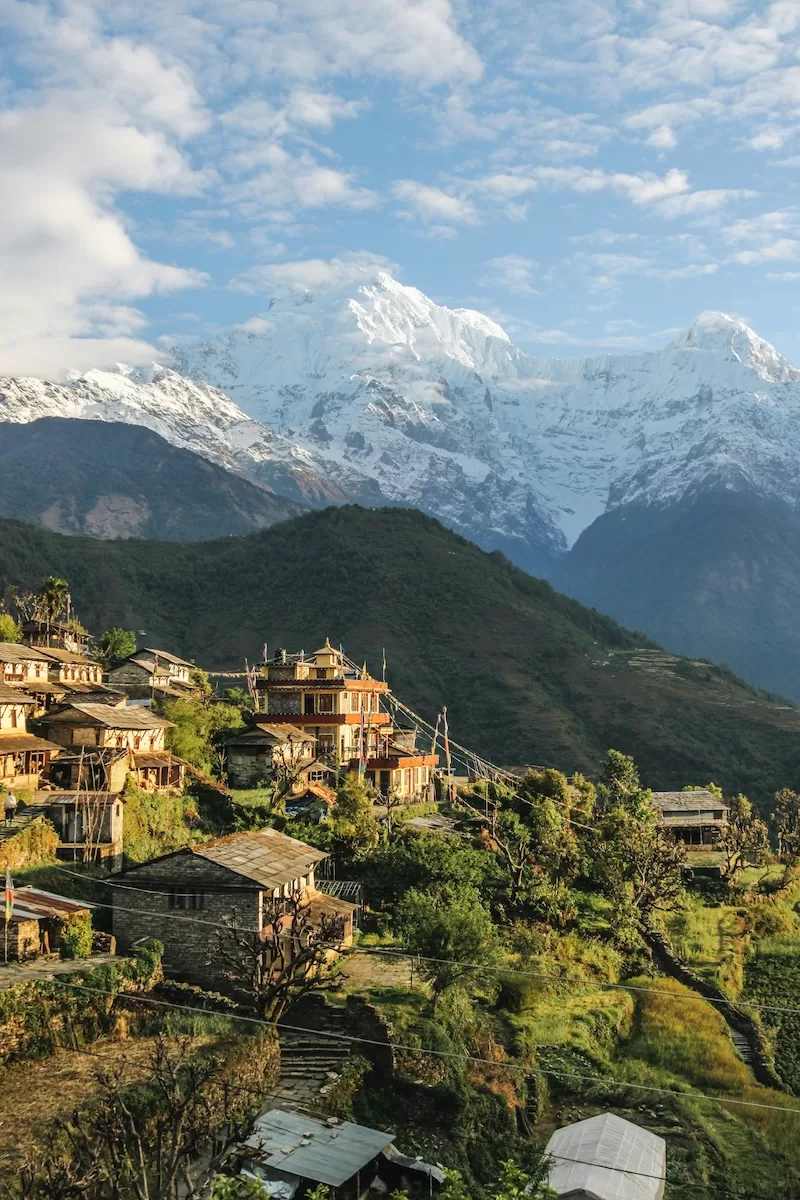
Drones vs. Mosquitoes in Hawaii
Hawaii has launched a groundbreaking initiative to combat invasive mosquitoes by releasing sterilized males from drones. The project, part of a wider conservation effort, aims to protect endangered bird species decimated by mosquito-borne disease and restore fragile island ecosystems.
The program represents a rare fusion of technology and ecology, and scientists hope it will offer a sustainable alternative to chemical control. Still, some conservationists caution that tinkering with natural populations carries unknown risks. For Hawaii, the experiment is a bold step toward reclaiming balance in its biodiverse but vulnerable environment.
Read more like this: Things to know before Moving to Hawaii

Beijing’s Secret Garden Opens to the Public
After more than a century behind closed gates, one of Beijing’s hidden imperial gardens has opened to visitors for the first time. Once reserved for Qing dynasty nobles, the secluded estate features intricate pavilions, lotus ponds, and winding stone paths that have remained largely untouched through decades of modernization.
For historians, the opening marks a milestone in cultural preservation, offering rare access to a living relic of China’s dynastic past. For visitors, it’s a tranquil refuge—a place where the city’s modern pulse slows, and history breathes again through still water and silent trees.
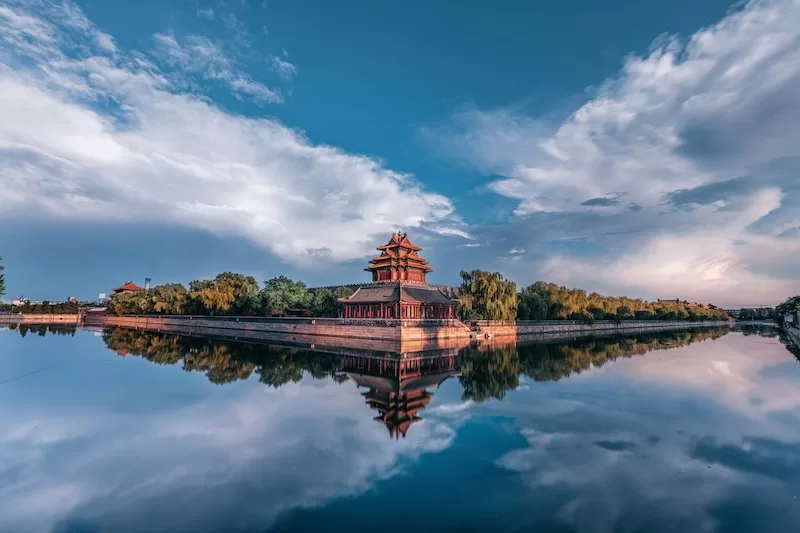
Read more like this: Last week’s News Headlines
Contact Author
"*" indicates required fields
Stay Ahead on Every Adventure!
Stay updated with the World News on Escape Artist. Get all the travel news, international destinations, expat living, moving abroad, Lifestyle Tips, and digital nomad opportunities. Your next journey starts here—don’t miss a moment! Subscribe Now!
